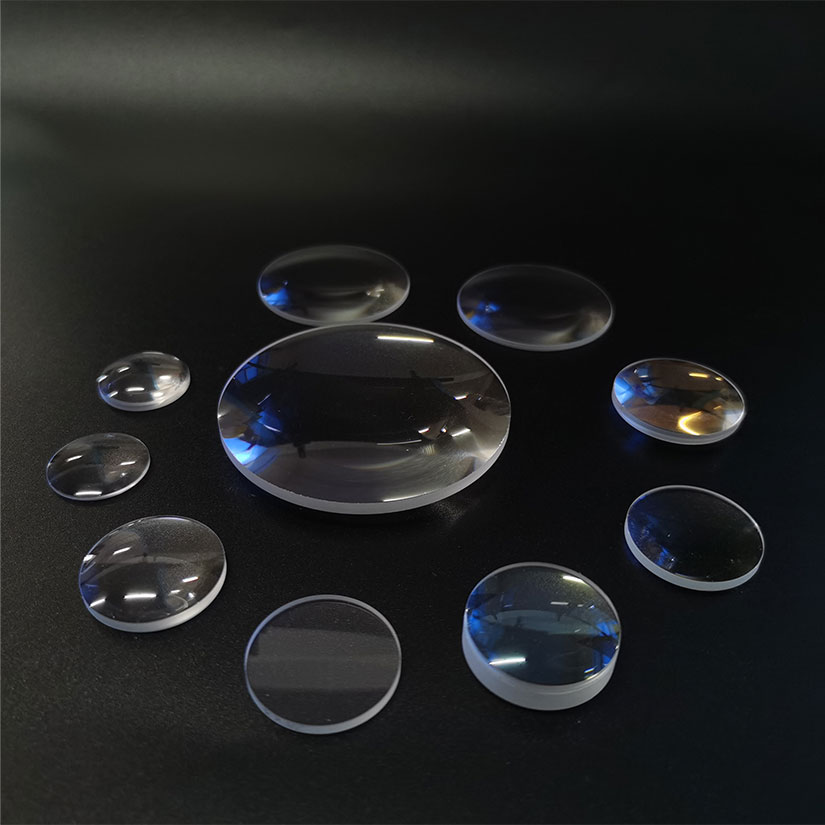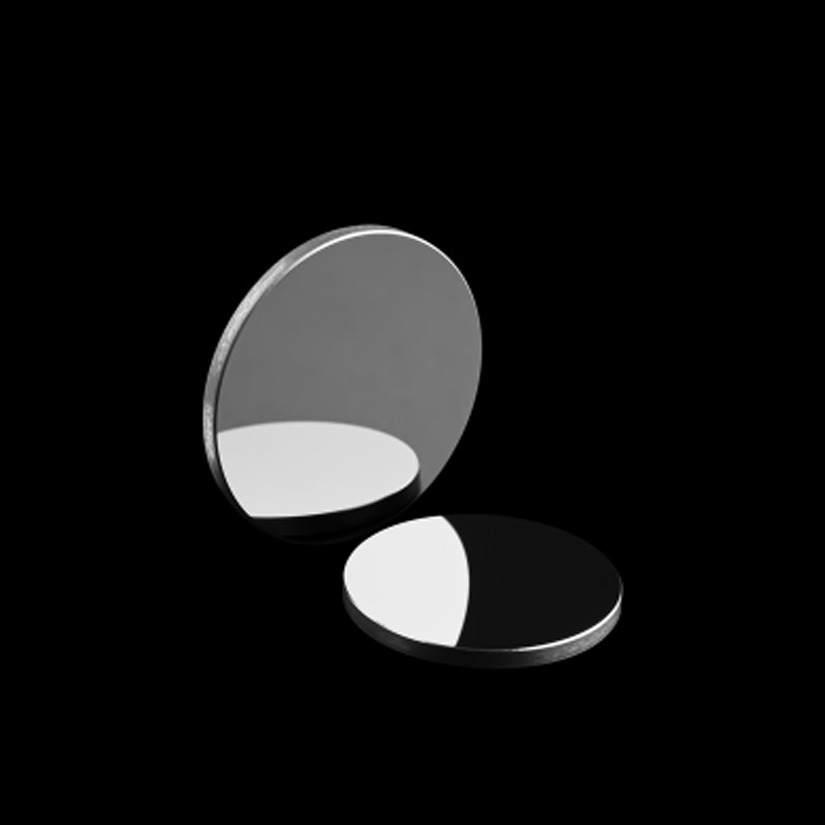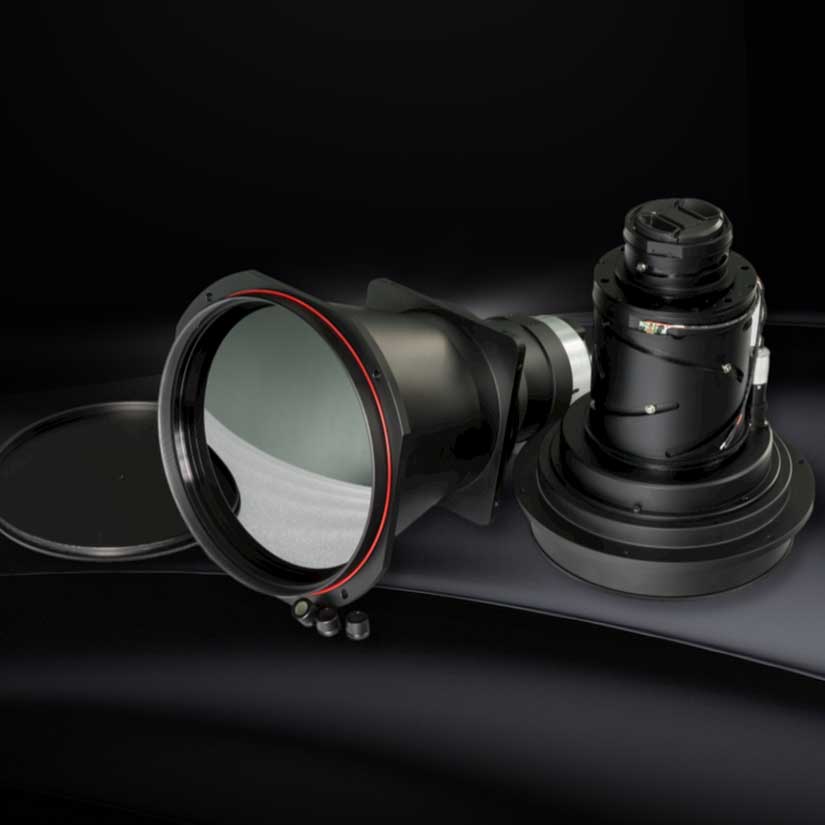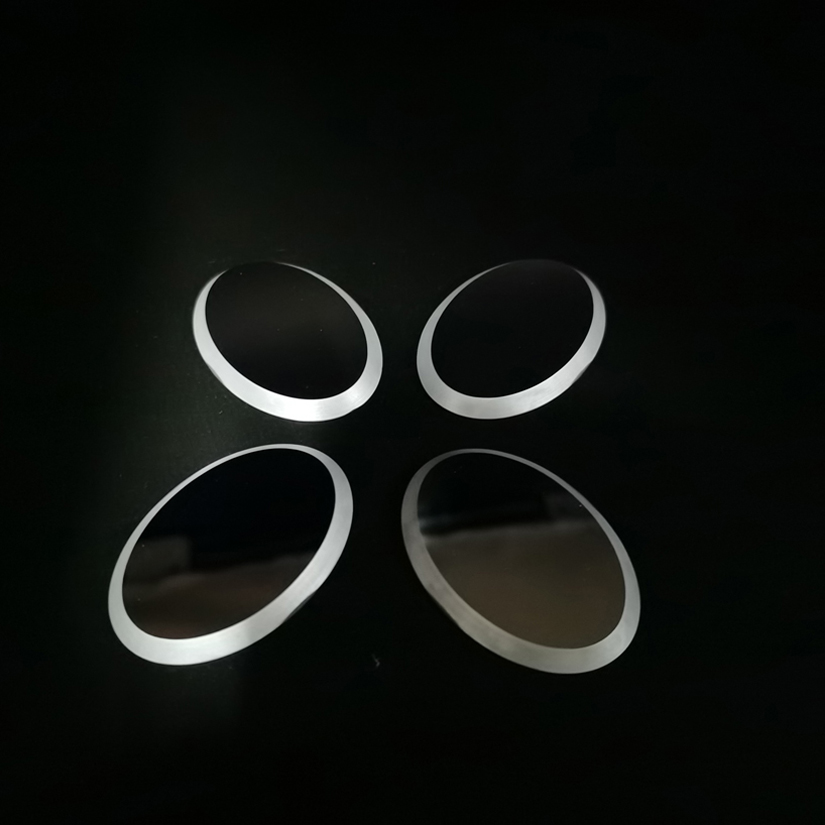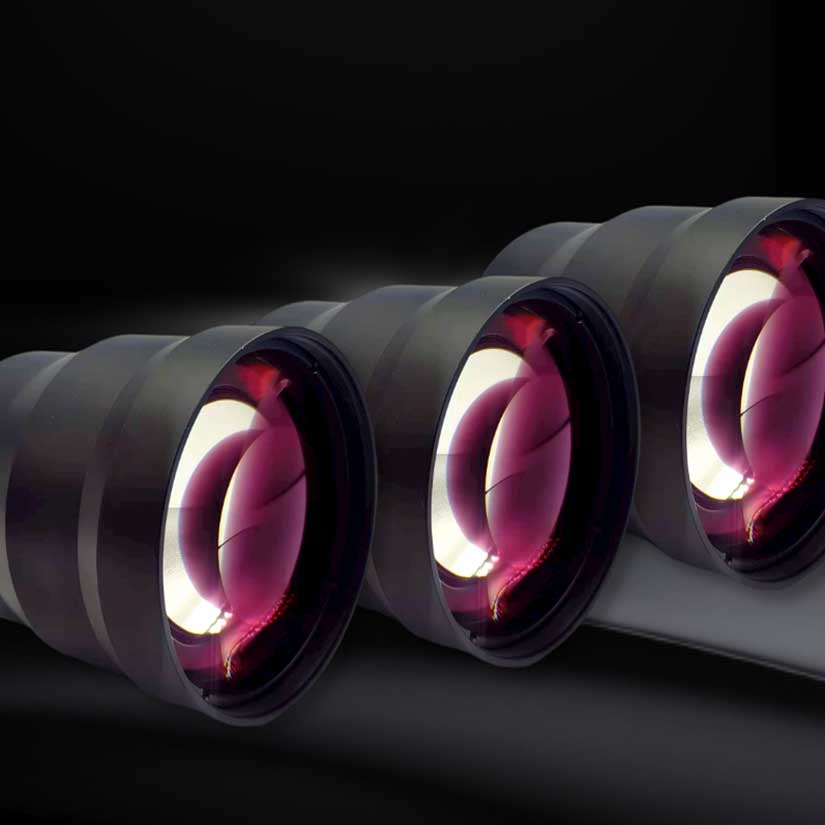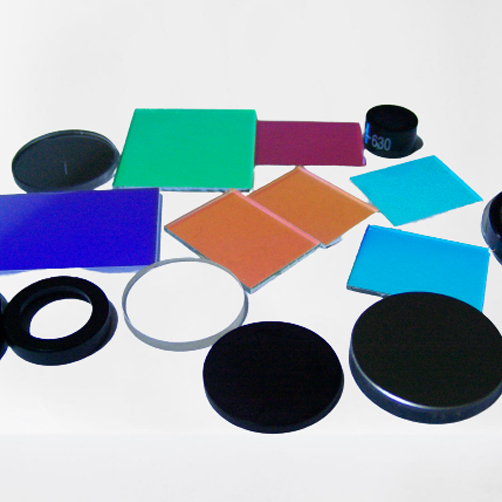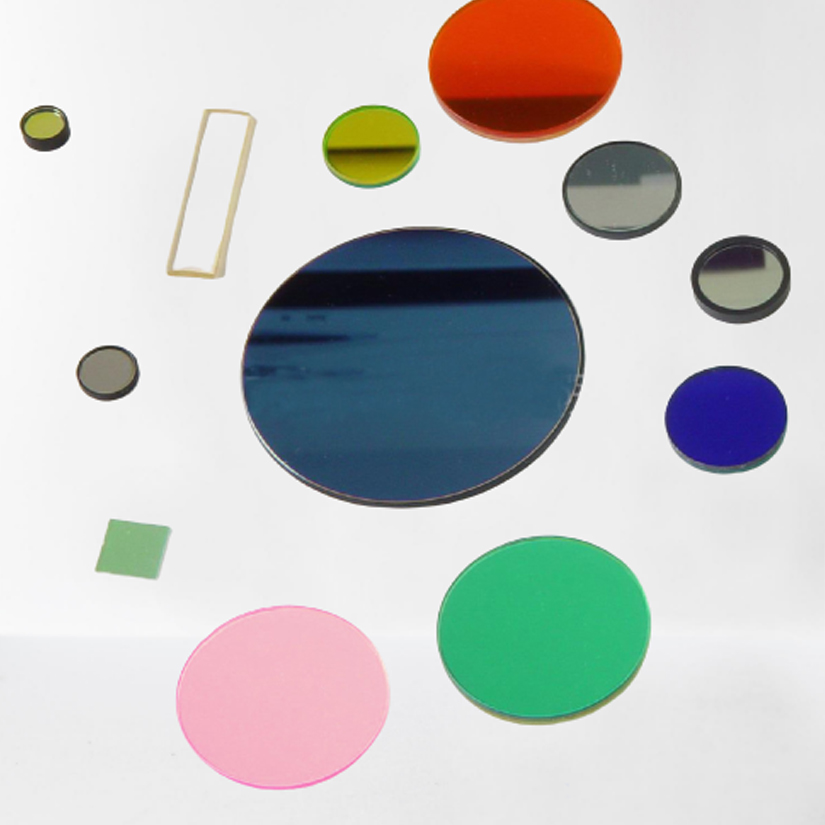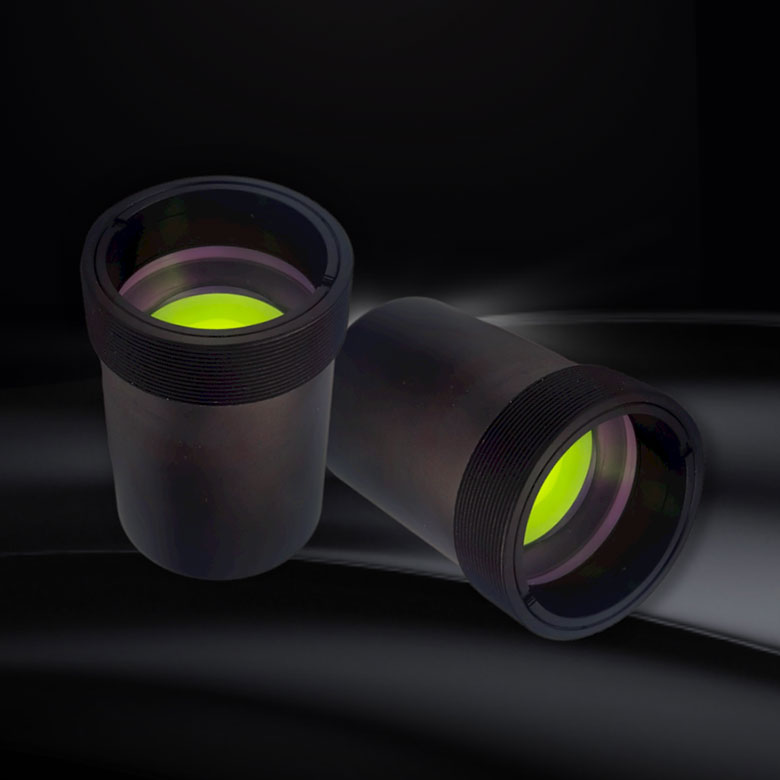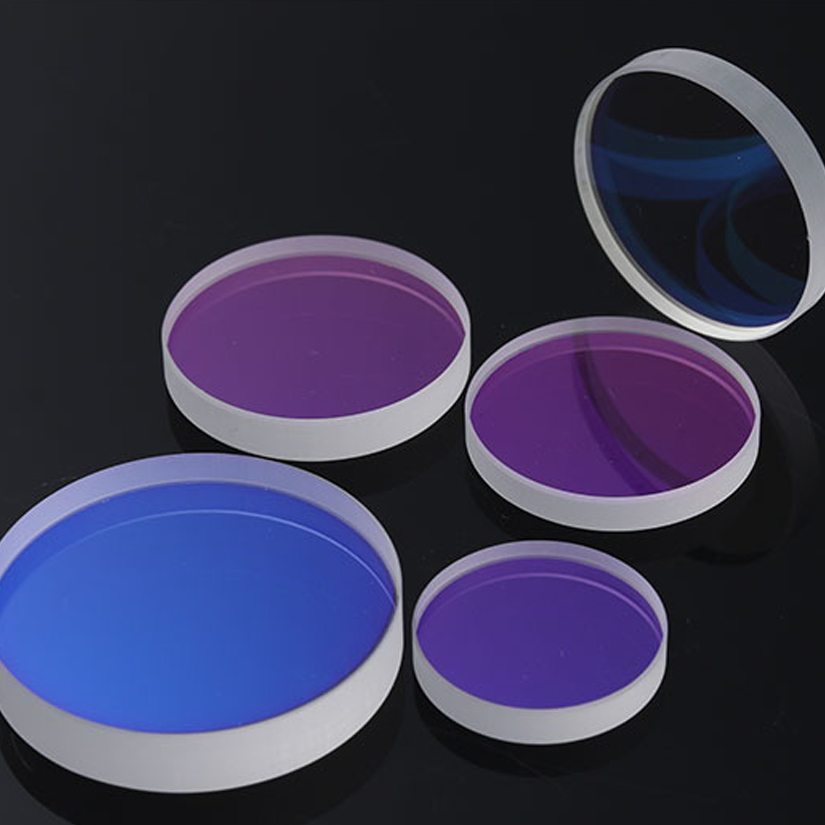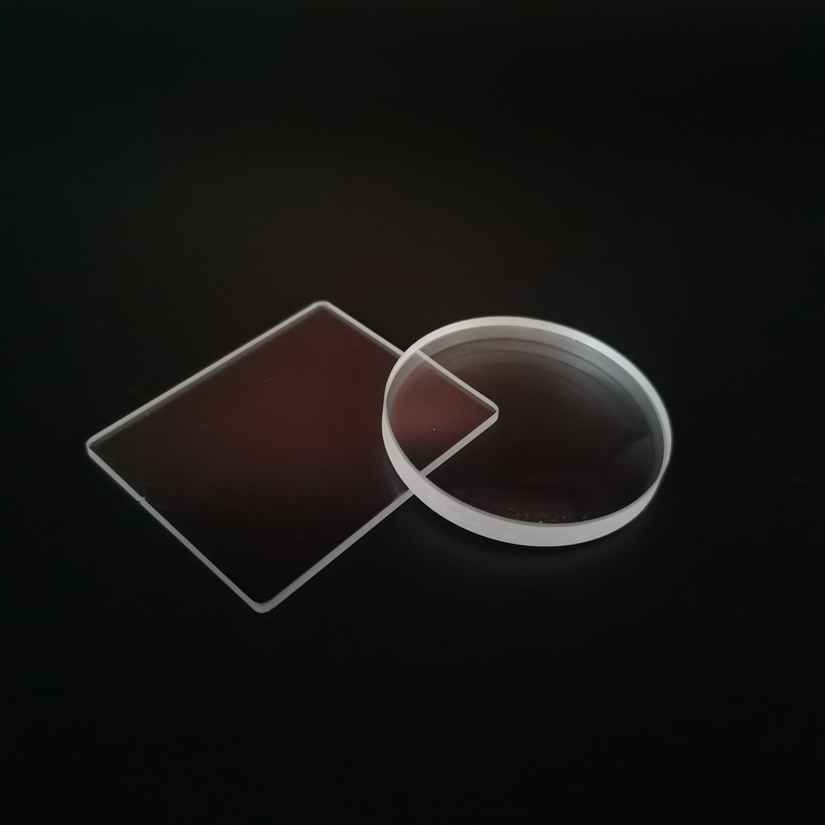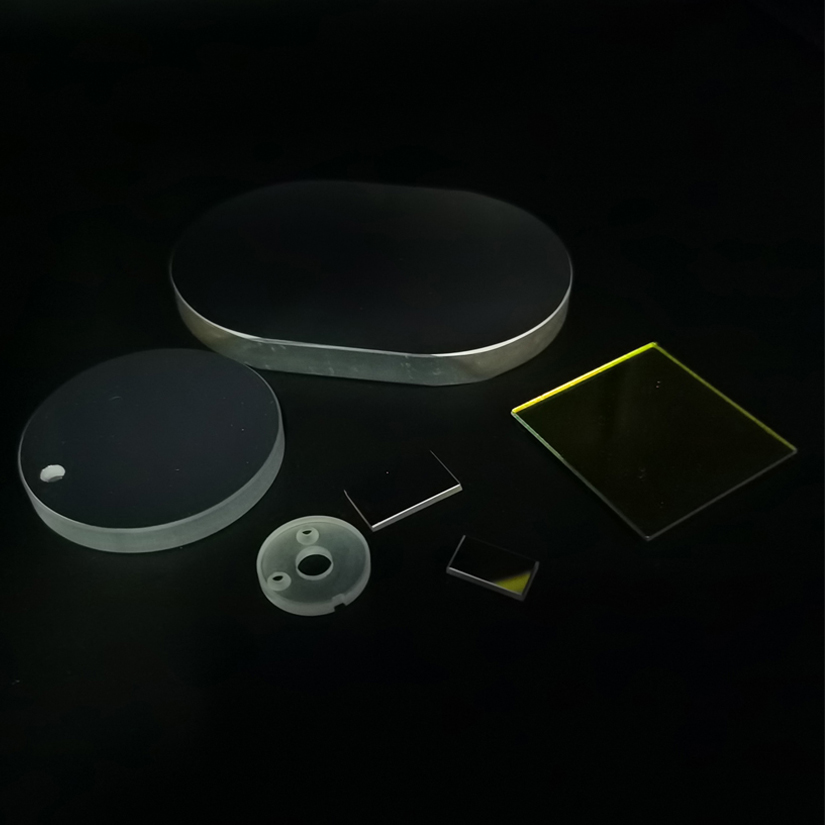Aspheric Lenses
Aspheric Lenses
Our aspheric lenses have surface profiles that are not portions of a sphere or cylinder, making them highly sought after in photography. Aspherical lenses include an aspheric element, and TC Optics is dedicated to producing lenses with surface form error within 100 microns. If you're wondering about aspheric lenses cost or the meaning of plastic aspheric lens, contact TC Optics for more information.
Specification of Aspherical Lens
|
Material |
BK7, B270 or PYREX |
|
Diameter Range |
10-300 mm |
|
Diameter Tolerance |
+0.00/-0.15 mm |
|
Center Thickness |
+/-0.5% |
|
Focus |
+/-7% |
|
Aspheric lens Face Form |
Checked by Caliper |
|
Surface Finish: Processing Surface |
x: λ/2; y: 2λ |
Aspherical Lens Standard Products
|
Part No. |
Material |
EFL |
OD1 |
OD2 |
CT |
ET |
|
TCA101 |
B270 |
24 |
||||
|
TCA102 |
PYREX |
50 |
23 |
|||
|
TCA103 |
PYREX |
52 |
24 |
2 |
||
|
TCA104 |
B270 |
35 |
||||
|
TCA105 |
PYREX |
48 |
50 |
19 |
2 |
|
|
TCA106 |
PYREX |
2 |
||||
|
TCA107 |
B270 |
|||||
|
TCA108 |
PYREX |
75 |
||||
|
TCA109 |
B270 |
80 |
Aspheric Lenses Advantages and Disadvantages
Aspheric lenses are optical that have a non-spherical surface that allows them to have a flatter profile and a wider field of view. They have become increasingly popular in eyewear due to their numerous advantages over traditional spherical lenses. That said, there are still some disadvantages to consider when deciding whether aspheric lenses are right for you.
Advantages:
Improved vision: Aspheric lenses provide better visual acuity, especially in peripheral vision. The reduction of distortion and spherical aberration can significantly improve sharpness and clarity, reducing eye fatigue.
Thinner and lighter: Aspheric lenses are designed to reduce the curvature of the lens, resulting in a flatter profile. This means that they are thinner and lighter than traditional lenses, allowing for more comfortable and stylish eyewear.
Wide range of applications: Aspheric lenses are used in many different industries, including photography, aerospace, and medicine. They are also available in a variety of materials such as polycarbonate, high-index, and Trivex for durability and improved optics.
Disadvantages:
Higher cost: Aspheric lenses are often more expensive than traditional spherical lenses, particularly when it comes to high-index glass lenses.
Specific design requirements: Because aspheric lenses have a more complex design, they require more precise measurements and calculations to create. This can increase the cost and potentially limit the options available from certain eyewear manufacturers.
Limited availability: Aspheric lenses may not be available in every prescription or frame shape, potentially limiting the options for some people.
While there are some disadvantages to using aspheric lenses, the benefits are often worth the additional cost and effort. Aspheric lenses from professional optical manufacturing company can provide improved visual clarity, comfort, and style, making them an excellent choice for many people.
Aspherical Lens Vs Spherical Lens
Spherical and aspherical lenses are two types of lenses that have different shapes and optical properties. Sphere lenses have a curved surface that is the same curvature throughout, like a part of a sphere. In contrast, aspherical lenses have a more complex shape with varying curvatures, which helps to correct for various types of distortion and aberrations.
One of the main advantages of aspherical lenses is that they can reduce image distortion and other optical aberrations. Spherical lenses can cause several types of distortion, including spherical aberration, coma, and astigmatism. Aspherical lenses can eliminate or reduce these distortions, leading to sharper images and better image quality.
Aspherical lenses also have a flatter profile compared to spherical lenses, making them lighter and more comfortable to wear. They can be particularly useful in eyeglasses as they can reduce the "bulge" in the center of the lens that is typical with spherical lenses.
On the other hand, spherical lenses are generally cheaper and easier to manufacture, making them the preferred choice for some applications. They are also more widely available and can be used in a broader range of devices, including cameras, telescopes, and eyeglasses.
In conclusion, aspherical lenses provide a higher level of optical performance, especially in correcting optical aberration, while spherical lenses are more affordable and have a broader range of applications. Ultimately, the choice between aspheric and spherical lenses depends on the specific requirements of the device or application in question.
FAQs of Aspherical Lens
Q: What is aspherical camera lens?
A: An aspherical camera lens is a type of lens that has a non-spherical shape, typically used in cameras to reduce distortion and improve the optical performance of the lens. Its unique shape results in improved image clarity and better overall image quality.
Q: Aspherical lens vs normal lens?
A: Aspherical lenses have a non-spherical shape, correcting distortion and improving image quality. Normal lenses have a uniform curvature and can lead to image distortion and aberrations.
Q: Types of aspherical lens?
A: There are several types of aspherical lenses including digital aspherical, double aspherical, plastic aspherical, and high-index aspheric lenses. Each type has unique benefits and is designed for specific applications.
As one of excellent optical components companiesin China, TC Optics brings in hot briquetting technology from Japan to ensure volume production ability. Trust TC OPtics for your optical lenses wholesale needs.
As a reliable aspherical lens manufacturer, we can provide types of aspheric lensesfor sale, if you have needs to buy 1.67 aspheric lensand 1.74 double aspheric lenses, please contact us.
If you are looking for a reliable optics manufacturing company, please choose us, and we will be your best partner.
Отправить запрос, связаться с поставщиком
Другие товары поставщика
| Silicon Window | Silicon has a low 2.329 g/cm3 density which is half the density of Germanium, making it ideal for weight-sensitive applications, such as silicon wi... | |
| LWIR Lens | LWIR Lens TC Optics provide customers lwir zoom lens. They are widely used in night vision thermal imaging infrared detector. We offer high perfor... | |
| Elliptical Mirror | Elliptical flat mirror provide a circular aperture and profile when aligned at 45° to an incoming beam, making them especially useful and effic... | |
| F-Theta Lens | F-Theta lenses are commonly used in laser scanning systems and request high resolution. The image height of the F-Theta lens is equal to the scanni... | |
| Optical Filters for Sale | TC Optics offers a variety of Optical Filters for many applications, including bandpass interference, longpass, shortpass, notch, dichroic, color g... |
Похожие товары
| Color Glass Filter | Продавец: TianCheng Optics CO.,Ltd | Color Glass Filter It's fabricated by special color glass material. Colored glass light filtersa... | |
| Collimating Lens | Продавец: TianCheng Optics CO.,Ltd | Collimating Lens TC Optics provides optical collimating lensare curved optical lenses that make ... | |
| Borosilicate Glass Windows for Sale | Продавец: TianCheng Optics CO.,Ltd | Borosilicate Glass Windows for Sale Borosilicate is the alternative for borofloat 33 (BF33). The... | |
| BK7 Window | Продавец: TianCheng Optics CO.,Ltd | BK7 Window At TC Optik, we are proud to offer high-quality BK7 windows that are manufactured to ... | |
| Bandpass Filter | Продавец: TianCheng Optics CO.,Ltd | Laser Bandpass Filter Custom optical bandpass filtertransmit light only within a defined spectra... |





